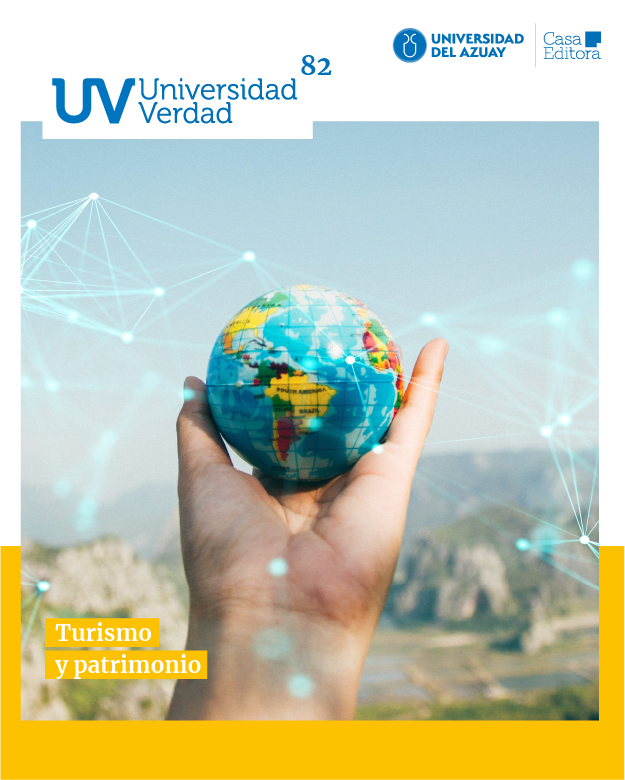ESTRATEGIAS PARA LA GESTIÓN DEL TURISMO RURAL EN EL SITIO LLAMADO MOSQUITO DEL CANTÓN CHONE, ECUADOR
DOI:
https://doi.org/10.33324/uv.v1i82.643Palabras clave:
turismo rural, estrategias, gestión turística, sitio Mosquito, ChoneResumen
El desarrollo de actividades turísticas en zonas rurales trae importantes beneficios económicos, sociales y ambientales para el territorio. El propósito del presente estudio fue definir estrategias para la gestión del turismo rural en el sitio llamado Mosquito del cantón Chone, Manabí, Ecuador. Para este fin se establecieron tres etapas: diagnóstico turístico situacional del área de estudio; el análisis de la gestión turística y el diseño de las estrategias.
Los hallazgos mostraron que el destino posee recursos naturales y culturales idóneos para el desarrollo del turismo rural, así como una valoración positiva por parte de la demanda actual, en cuanto a la oferta de productos y servicios; pero el sitio presenta limitaciones en relación con las condiciones básicas y de apoyo al turismo; el análisis de las condiciones internas del área de estudio y de su entorno, sintetizadas en la matriz FODA, permitieron diseñar 18 estrategias de gestión del turismo rural, orientadas a superar sus limitaciones y potenciar sus fortalezas. En conclusión, el turismo aparece como una alternativa para el desarrollo de las comunidades del sitio llamado Mosquito, pero es necesario mejorar integralmente las capacidades actuales del territorio para maximizar los beneficios y minimizar los riesgos en la ejecución de las actividades turísticas.
Palabras clave: turismo rural, estrategias, gestión turística, sitio Mosquito, Chone.
Abstract
The development of tourist activities in rural areas brings important economic, social, and environmental benefits to the territory. The purpose of this study was to define strategies for the management of rural tourism in the destination called Mosquito of the
Chone canton, Manabí, Ecuador. To this end, three stages were carried out: situational tourism diagnosis of the study area; the analysis of tourism management and the design of strategies.
The results showed that the destination has natural and cultural resources suitable for the development of rural tourism, as well as a positive perception of the current demand, in terms of the supply of products and services; but the area has limitations regarding the basic conditions and support for tourism; The analysis of the internal conditions of the study area and its environment, synthesized in the SWOT matrix, allowed the design of 18 rural tourism management strategies, aimed at overcoming its limitations and enhancing its strengths. In conclusion, tourism shows up as an alternative for the development of the communities of the destination called Mosquito, but it is necessary to fully improve the current
capacities of the territory to maximize the benefits and minimize the risks in the implementation of tourist activities.
Keywords: rural tourism, strategies, tourism management, Mosquito area, Chone.





